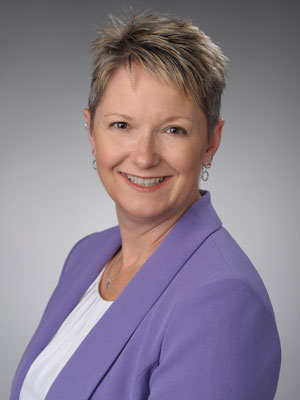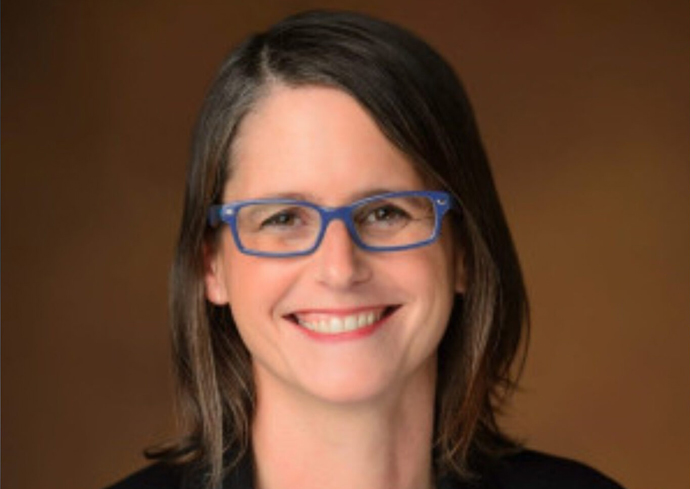Newhouse Advanced Media Management Master’s Program Earns STEM Designation
The advanced media management master’s program in the S.I. Newhouse School of Public Communications has received STEM designation, placing it among a select group of graduate programs nationwide that blend media, technology and business strategy under the federal classification for…




